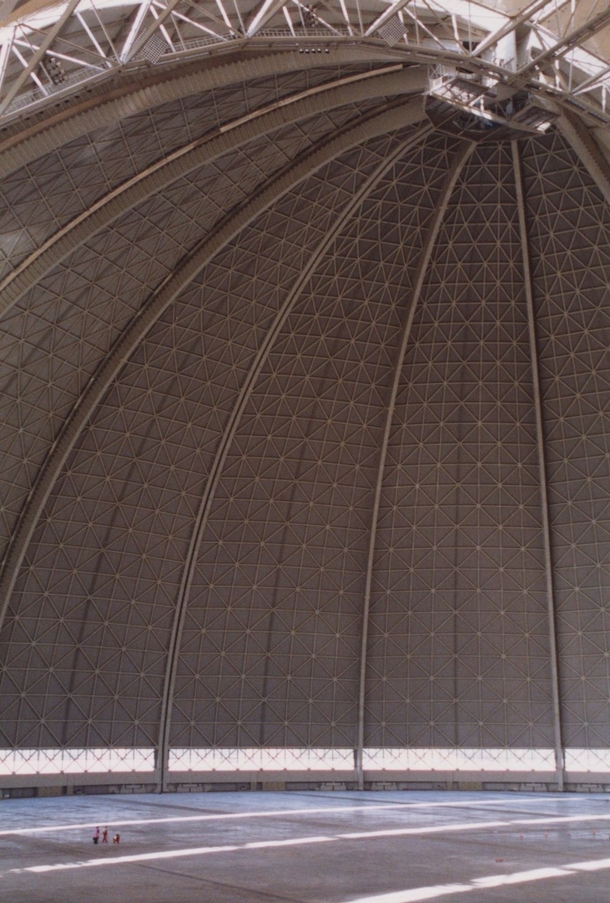


"The problem with the Space Center in Bremen was that they put a lot of emphasis on shopping. "They seem to have a pretty original concept there,'' Mertens told DW-WORLD. Harmut Mertens, an economist at Bankgesellschaft Berlin, admitted the region is going through some tough times, but he remained optimistic Tropical Islands could be a success. The amount of disposable income of many eastern Germans will be further cut next year when unpopular reforms reduce the benefits of long-term unemployed to the level of welfare payments. It's the poor economy, though, that could present the biggest risk to the project, since down-on-their-luck Germans have become notoriously stingy in recent years. With unemployment in Brandenburg near 20 percent, the park will create 500 desperately needed new jobs for the region. The project certainly was attractive to the government of the depressed eastern German state of Brandenburg, which was relieved to find investors with a viable concept for the CargoLifter hall. "It really should be attractive to a broad range of people." "Our concept is really much closer to a resort than an amusement park," he said. Image: dpa Zentralbildīut Au dismissed worries that Tropical Islands could run into similar trouble. Only last week, the Space Center, a comic-themed amusement park in the northern city of Bremen, closed its doors after opening earlier this year. Au and Tanjong were able to snap it up for a measly €17.5 million -a fraction of what it cost CargoLifter - during insolvency proceedings last year.ĭespite the proclivity of Germans to flee their own inclement weather, it's still uncertain if the park can really attract over two million visitors a year as planned. But none would be built on such a mammoth scale as the dome in Germany. If successful, the resort in Brand will become the flagship of a chain of similar parks around the world. "If people don't use sunscreen in the summer they'll definitely get sunburn," said Tropical Islands spokeswoman Vivian Kreft. A special foil on the south side of the dome - the world's largest freestanding construction of its kind - will let in almost 100 percent of the sun's rays. In the depths of winter, the air temperature in the park will be a balmy 25 degrees Celsius and the water in the pools an even warmer 30 degrees. A computer simulation of the Tropical Island beach. The park, known as Tropical Islands, will not only be home to orchids and palm trees it will also have several types of "villages'' from tropical cultures, including Borneo, Congo and the Amazon. When complete, the 360-meter long silver structure will be refashioned into a unique venue for thousands of tropical plants and cruise ship-like entertainment. "This concept could work anywhere it is cold, but Germans really love the sun," Au told DW-WORLD, as he pointed out where the hangar's unfinished concrete floor will be transformed into white sandy beaches and heated lagoons. This December, Au and his partners at the Malaysian conglomerate Tanjong plc will open a €70-million ($86.8-million) tropical rainforest theme park on the former CargoLifter grounds. But Colin Au, a Singapore-based Malaysian multi-millionaire, is aiming to change all that. Until recently, the most exciting thing to do in the area was to take a canoe ride and enjoy some of the Spreewald's popular cucumbers. That project failed in 2002, but it left behind a colossal 107-meter high airship hangar subsidized by taxpayers. Then came CargoLifter, a company hoping to build commercial heavy-lift zeppelins on the 500 hectare base after the Russians left. During the Cold War their tiny village bordered one of the Soviet Union's largest foreign airbases. The denizens of Brand, a small community 60 kilometers outside of the German capital Berlin, probably think they've seen it all.


 0 kommentar(er)
0 kommentar(er)
